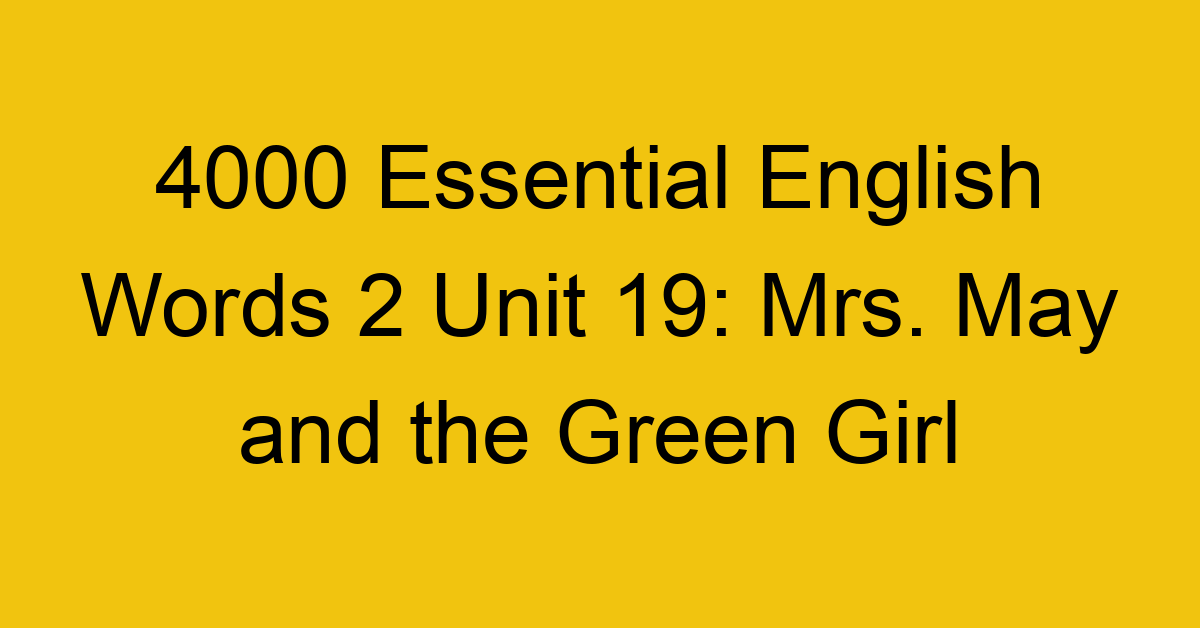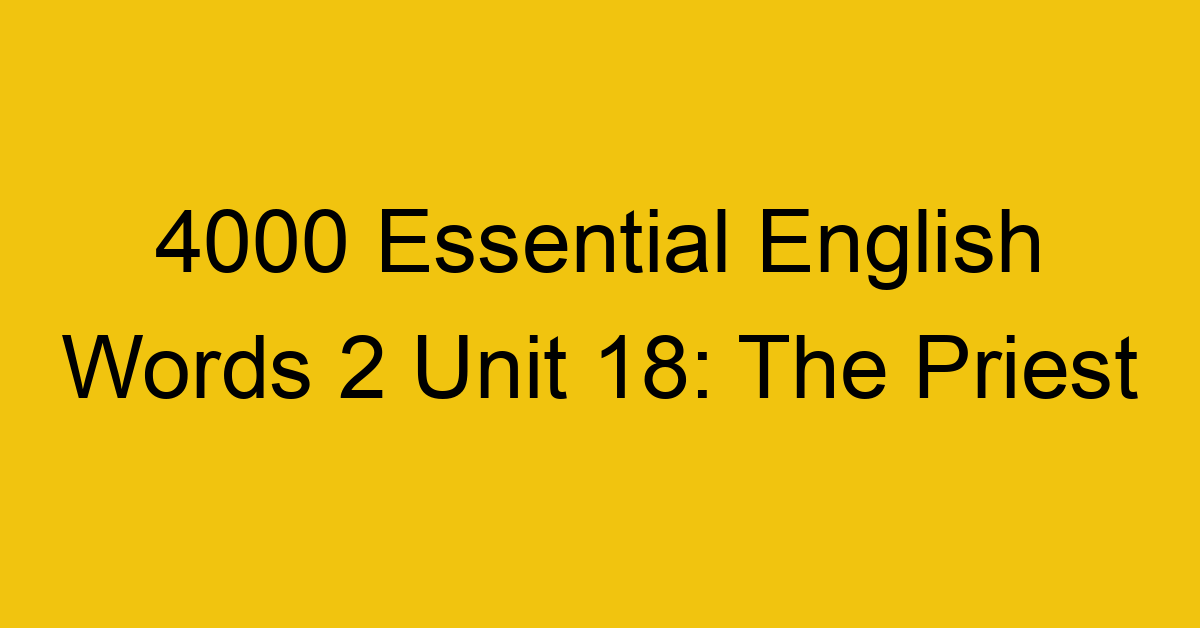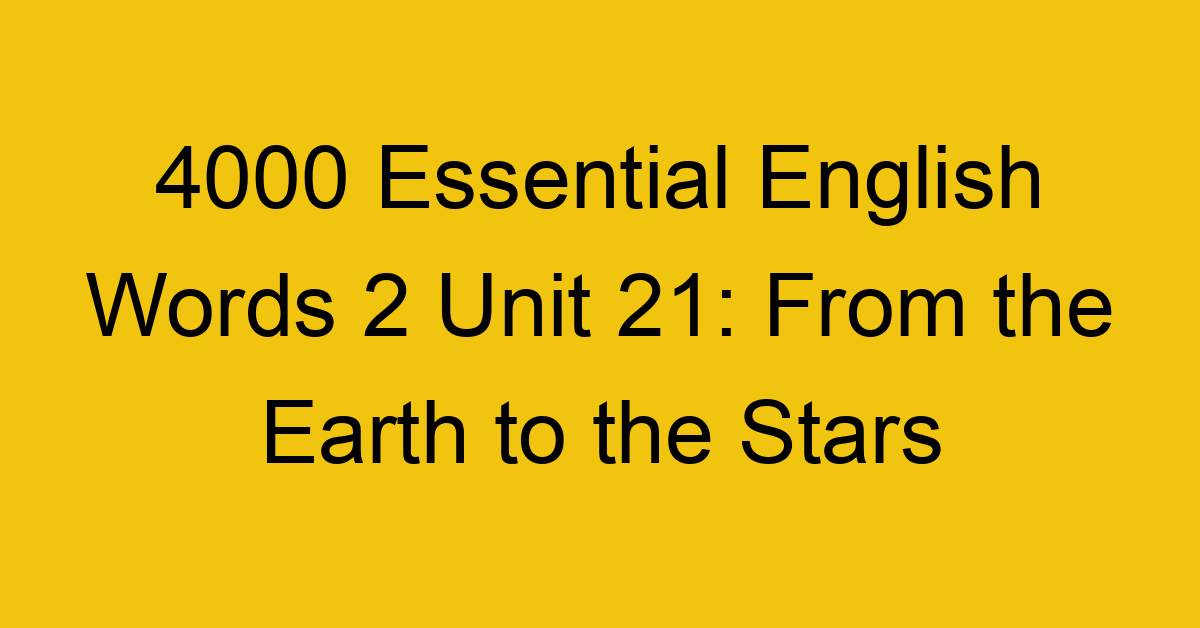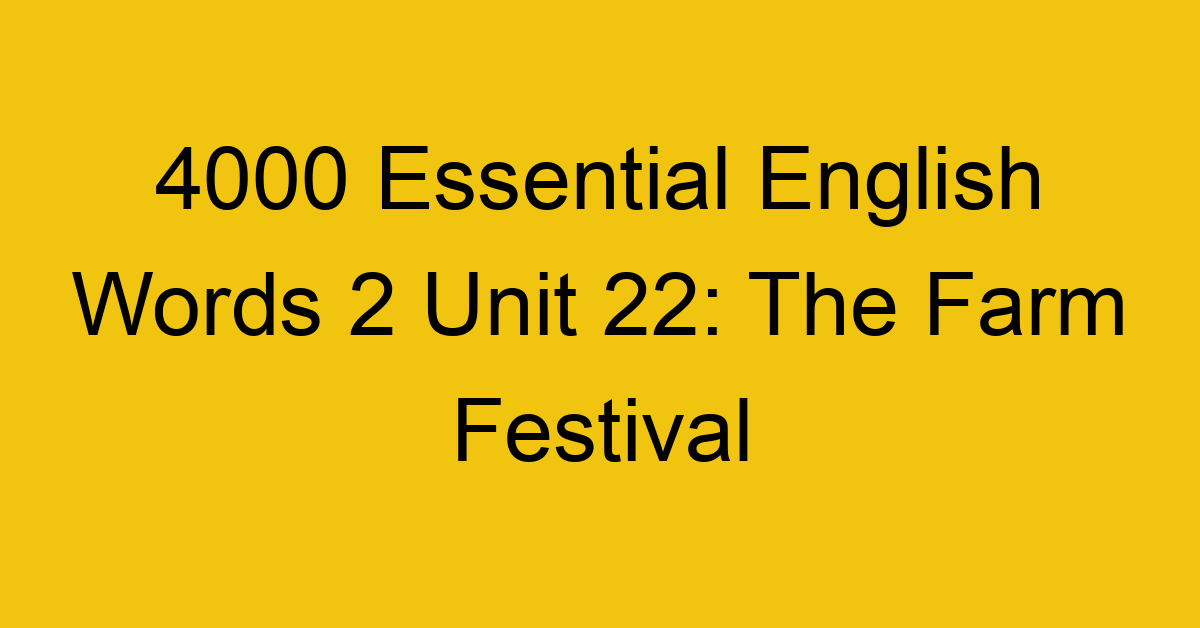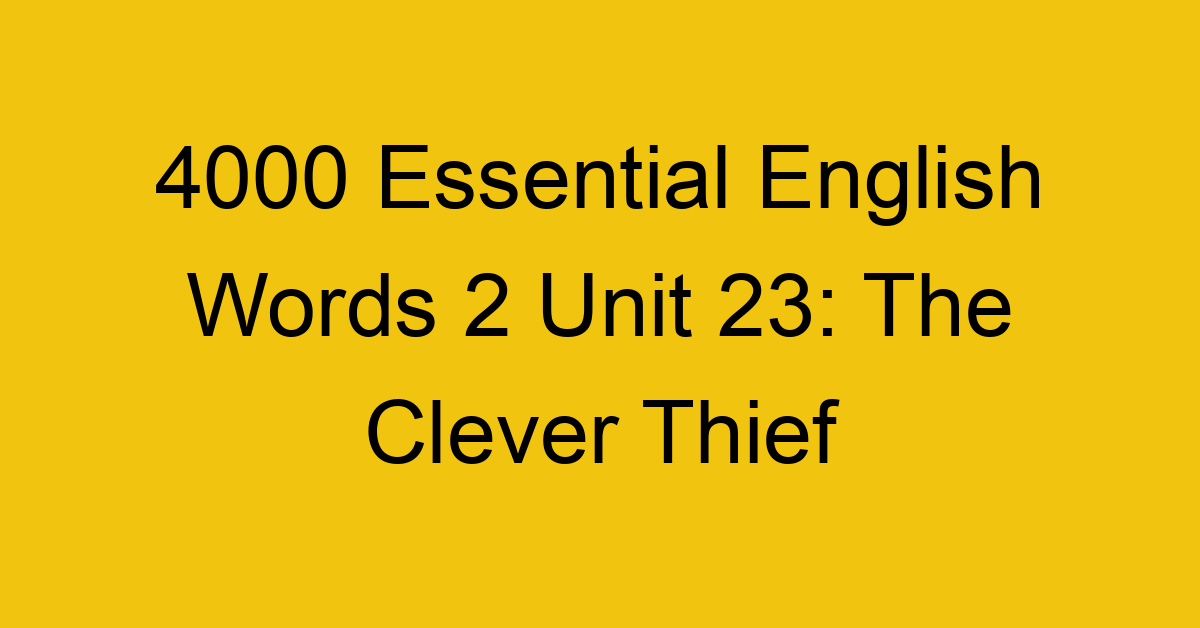4000 Essential English Words 2 Unit 20: Albert Einstein
Congratulations - you have completed 4000 Essential English Words 2 Unit 20: Albert Einstein.
You scored %%SCORE%% out of %%TOTAL%%.
Your performance has been rated as %%RATING%%
Your answers are highlighted below.
Word List
- accomplish [əˈkʌmplɪʃ] v.
To accomplish something means to finish it.
→ He accomplished his goal of running ten miles. - approve [əˈpruːv] v.
To approve of something means you like it or are happy about it.
→ Her co-workers approved her new plan. - approximate [əˈprɒksəmɪt] adj.
Approximate means to be close to an exact amount, number or time.
→ My approximate height is two meters. - barrier [ˈbærɪər] n.
A barrier is something that is in your way.
→ The Great Wall was a barrier between China and its enemies. - detect [dɪˈtekt] v.
To detect something means to notice or find something.
→ The boy ran to the kitchen when he detected the smell of cookies. - duty [ˈdjuːtɪ] n.
A duty is something that a person has to do.
→ It is parents’ duty to take care of their children. - elementary [ˌəlɪˈmentərɪ] adj.
When something is elementary, it is the first or most simple thing.
→ Children go to elementary school before high school. - failure [ˈfeɪljər] n.
A failure happens when you do not do something right.
→ My cooking ended in failure because I burned the food. - gradual [ˈgrædjʊəl] adj.
When something is gradual, it happens slowly.
→ Children learn to read at a gradual They do not learn right away. - immigrant [ˈɪmɪgrənt] n.
An immigrant is a person who moves to a different country.
→ My parents were immigrants. They came from Poland. - insert [inˈsəːrt] v.
To insert something means to put it in something else.
→ The mailman inserted the letter into the mailbox. - instant [ˈɪnstənt] n.
An instant is a very short amount of time.
→ A microwave oven cooks food in an instant. - poverty [ˈpɒvətɪ] n.
Poverty is the state of being poor.
→ Poverty is a problem in many countries around the world. - pretend [prɪˈtend] v.
To pretend means to make believe something is real.
→ The boy liked to pretend he was a king. - rank [ræŋk] n.
A person’s rank is their place in an order of people.
→ The man got to the rank of captain in the navy. - recognition [ˌrekəgˈnɪʃən] n.
Recognition is getting praise from other people.
→ The hero got recognition for his brave deed. - refrigerate [rɪˈfrɪdʒəreɪt] v.
To refrigerate something means to make it cold.
→ Grocery stores refrigerate fruit to make it last long. - rent [rent] n.
Rent is the money people pay to someone to live in a certain place.
→ To live in this house, I have to pay rent at the start of each month. - retire [rɪˈtaɪər] v.
To retire is to leave a job, usually because of old age.
→ My father is sixty-five years old. He is about to retire from work. - statistic [stəˈtɪstɪk] n.
A statistic is a number that tells a fact about something.
→ The statistics showed that we did just as well this year as last year

